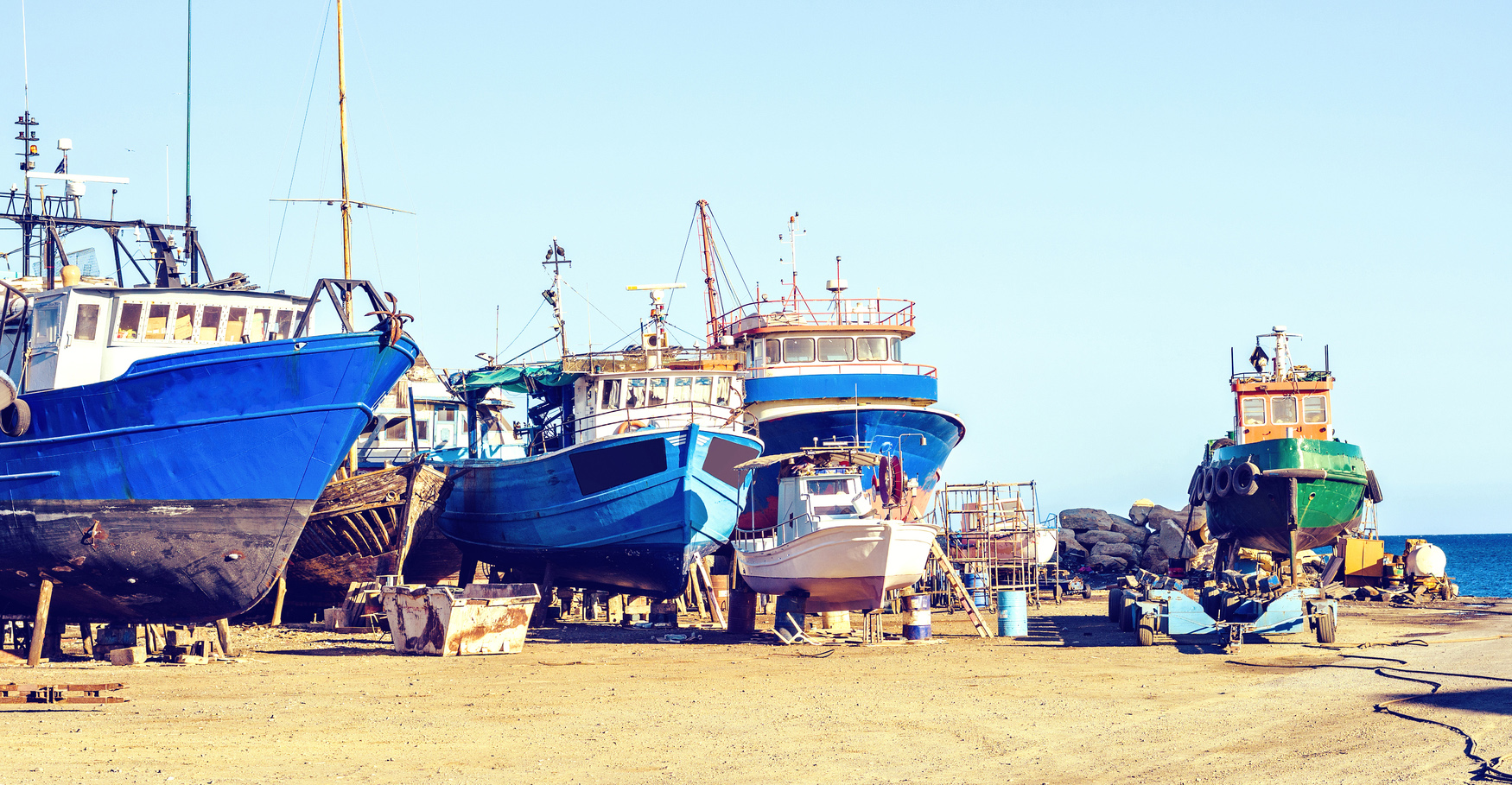International Maritime Organization supporting stability, sustainability
By Colin P. Young*
2017, March 1: As a specialized agency of the United Nations, the International Maritime Organization is the global standard-setting authority for the safety, security and environmental performance of international shipping. Its main role is to create a regulatory framework for the shipping industry that is fair and effective, universally adopted and universally implemented. In other words, its role is to create a level playing-field so that ship operators cannot address their financial issues by simply cutting corners and compromising on safety, security and environmental performance. This approach also encourages innovation and efficiency.
Shipping is a truly international industry, and it can only operate effectively if the regulations and standards are themselves agreed, adopted and implemented on an international basis. And IMO is the forum at which this process takes place.
IMO measures cover all aspects of international shipping – including ship design, construction, equipment, manning, operation and disposal – to ensure that this vital sector remains safe, environmentally sound, energy efficient and secure.
Although IMO adopts international shipping regulations, it is the responsibility of Governments to implement those regulations. In view of this, IMO has developed an Integrated Technical Cooperation Programme (ITCP) which is designed to assist Governments which lack the technical knowledge and resources that are needed to operate a shipping industry safely and efficiently by building up their human and institutional capacities for uniform and effective compliance with the Organization’s regulatory framework.
By fostering capacity-building in the maritime sector, the Integrated Technical Cooperation Programme is crucial for assisting developing countries to implement IMO instruments for safer and more secure shipping, enhanced environmental protection and facilitation of international maritime traffic. The importance of the Integrated Technical Cooperation Programme increases further with amendments to existing and the development of new instruments by IMO, in which the particular needs of (and impact on) Small Island Developing States (SIDS) and Least Developed Countries (LDCs) are taken into account.
 The theme Connecting Ships, Ports and People has been selected as the World Maritime Day theme for 2017. The theme provides the IMO an opportunity to work with developed and developing countries, shipping and public and private sector ports with a view to identifying and promoting best practices and building bridges between the many diverse actors involved in these areas.
The theme Connecting Ships, Ports and People has been selected as the World Maritime Day theme for 2017. The theme provides the IMO an opportunity to work with developed and developing countries, shipping and public and private sector ports with a view to identifying and promoting best practices and building bridges between the many diverse actors involved in these areas.
Key objectives include improving cooperation between ports and ships and developing a closer partnership between the two sectors; raising global standards and setting norms for the safety, security and efficiency of ports as well as port and coastal State authorities. The objectives also include standardizing port procedures through identifying and developing best practice guidance and training materials.
The view of the IMO Secretary General is that “the maritime sector, which includes shipping, ports and the people that operate them, can and should play a significant role helping Member States to create conditions for increased employment, prosperity and stability ashore through promoting trade by sea; enhancing the port and maritime sector as wealth creators both on land and, through developing a sustainable blue economy, at sea”.
Over the years, the IMO has developed a number of port related regulatory Instruments and publications that provide guidance to maritime administrations. The major Instruments and publications being the:
- Guide to Maritime Security and the International Ship and Port Facility Security Code (ISPS Code)
- International Maritime Dangerous Goods Code (IMDG Code);
- International Maritime Solid Bulk Cargoes Code (IMSBC Code);
- Code of Safe Practice for the Carriage of Cargoes and Persons by Offshore Supply Vessels (OSV Code);
- Code of Safe Practice for Cargo Stowage and Securing (CSS Code);
- IMO/ILO/UNECE Code of Practice for Packing of Cargo Transport Units (CTU Code);
- International Convention on Facilitation of International Maritime Traffic (FAL Convention);
- Procedures for Port State Control; and,
- Comprehensive Manual on Port Reception Facilities.[]

* Colin P. Young, is Regional Maritime Adviser (Caribbean), International Maritime Organization





